Machine Technology
In the profile machine technology, extensive knowledge is taught in the areas of automation and robot technology, design systematics and design theory, drive technology, designing with plastics as well as machine dynamics and fluid energy machines.
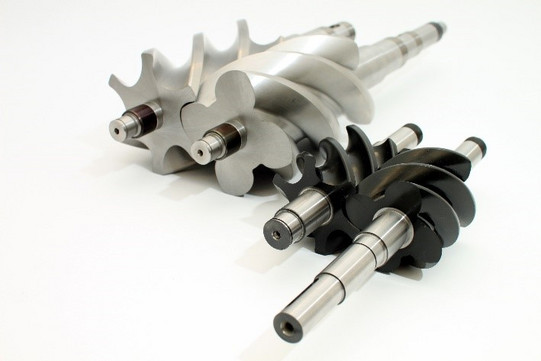
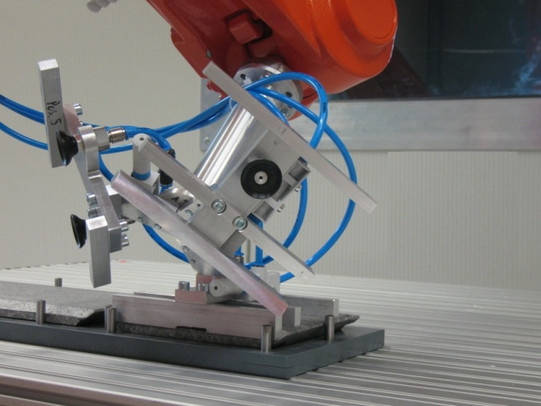
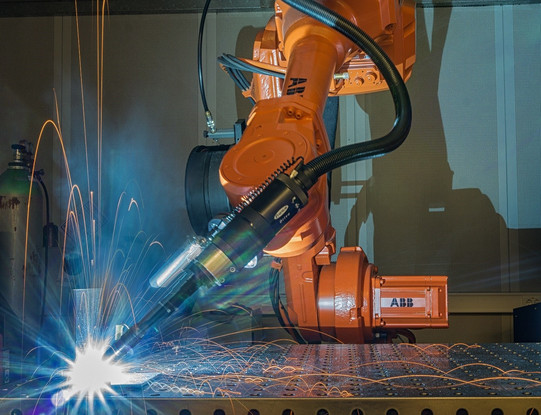
The focus is on problems in automation and robotics technology, whereby the focus is on conveying in-depth knowledge in the programming and control of automated systems. Aspects of robot control and programming of controllers (PLC) as well as the programming of handling devices by means of offline programming systems are dealt with. The basis for this is formed by methods for the kinematic description of robots and their movements as well as the consideration of the structure of robot simulation and offline programming systems. This includes different types of sensors and their use for the realisation of special measurement methods, as well as components of image processing systems and basic machine learning algorithms. In addition, innovative solutions for current problems in robotics are presented as examples.
Another focus of the Machine Technology profile concerns the in-depth teaching of methods and tools for the systematic processing of design tasks. In-depth knowledge of the design guidelines of "Design for X", the development of series and construction kits and other methods for the design process are a central component here. In project-oriented group work, the taught contents are practically applied and deepened. This practical phase is supplemented by the expansion of knowledge in the field of design-accompanying methods. In addition, knowledge of drive technology, especially in the area of hydraulics and pneumatics, is taught.
In the field of fluid energy machines, in-depth knowledge of fluid flow machines and rotary displacement machines is taught. Emphasis is placed on steam turbines as well as regenerative energy converters, such as wind turbines and water turbines. Here, the fluidic design and the operating behaviour as well as the operating limits are in the foreground. A special focus is on the treatment of the spatial flow conditions within a machine, whereby the loss mechanisms and efficiency chains are also presented. Another focus is on rotary displacement machines, especially in the design as screw machines. Here, the thermodynamic mode of operation, the multiphase flows within the machine and the occurring gap flows are dealt with in detail.
The Chair of Plastics Technology presents the fundamentals and methods for the development, processing and application of plastics. In addition to the processing methods for thermoplastic polymers and the design of injection moulds, polymer materials are also explained in terms of their structure, production and lightweight construction potential. For a deeper understanding of design and processing guidelines, analytical methods for determining characteristic values are also discussed. In direct application, composite components are manufactured and tested experimentally during the module. The focus is also on the design of plastic products. In the direct handling of CAD (Inventor) and CAE methods (Abaqus, Moldflow), the learned teaching contents can be practically applied in an independent design of a plastic product in the course of a case study.
The profile consists of a compulsory and an elective part. More detailed descriptions of the selectable modules can be found in the Module Handbook Master in Mechanical Engineering.
Competences and job profiles
Graduates with the profile of machine technology are sought-after specialists in a wide range of sectors and areas in industry and, compared to Bachelor graduates, have a deeper and more extensive specialist knowledge. A wide range of applications is available, particularly in the area of product development and application of machines and systems. Potential employers are companies that are active in the following fields, for example:
- Steam and gas turbine construction
- Pump and compressor construction
- Automotive and plant engineering
- Special machine construction
- Construction of automation plants
- Equally suitable are companies that operate the aforementioned technologies and are involved in production and manufacturing.
Concrete employment is therefore also possible in engineering-related occupational fields such as the following:
- Construction
- Research and development
- Project planning, design
- Calculation and optimisation in companies of different sizes and characteristics.




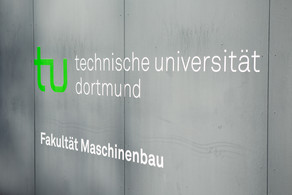
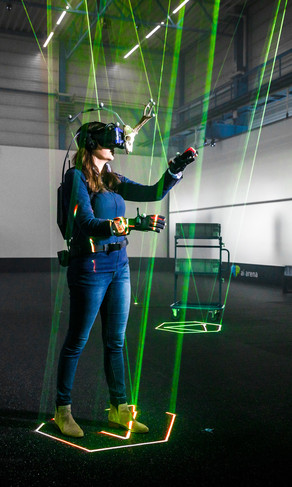
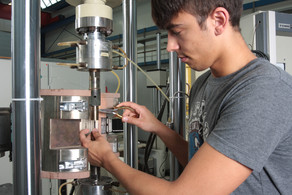
![[Translate to English:] [Translate to English:]](/storages/zentraler_bilderpool/_processed_/c/6/csm_Internationale_Studierende_aus_Ecuador_aae423f6a4.jpg)
![[Translate to English:] [Translate to English:]](/storages/zentraler_bilderpool/_processed_/f/5/csm_Audimax_Vorlesung-2_d01b012610.jpg)